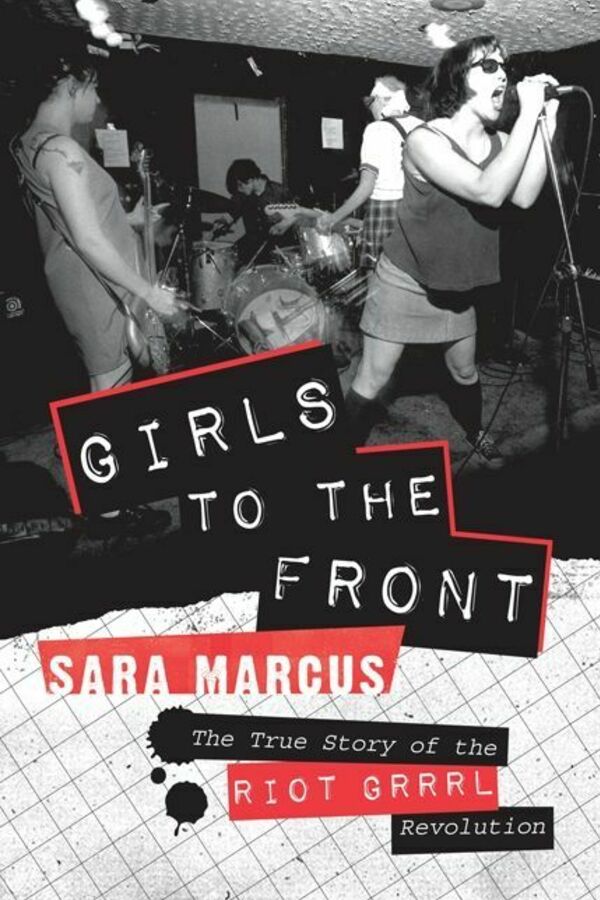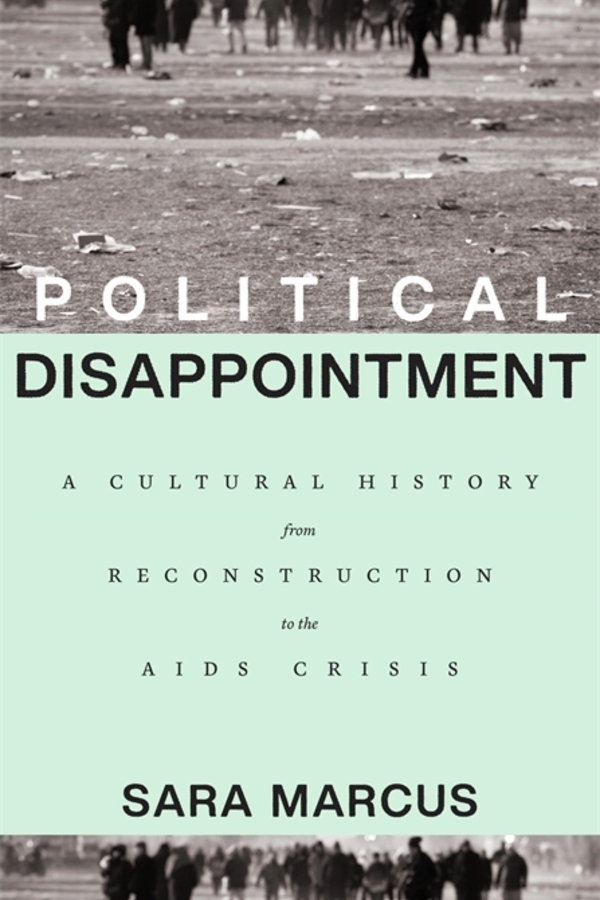Sara Marcus
Assistant Professor
Affiliated Faculty, Gender Studies Program; Associate Editor, Journal of Popular Music Studies
Areas of study
- African and African American
- American
- Gender and Sexuality
- Science, Media, and Technology
Education
Ph.D., Princeton University
MFA, Columbia University
B.A., Oberlin College
Research and teaching interests
American literature and culture, African American literature and culture, sound studies, popular music, performance studies, gender and sexuality studies, creative nonfiction
Biography
Sara Marcus is Assistant Professor of English and is also affiliated with the Gender Studies Program and the Initiative on Race and Resilience. Marcus specializes in American and African American literature, popular music, sound, and performance from the 19th century through the present. Her most recent book, Political Disappointment: A Cultural History from Reconstruction to the AIDS Crisis (Belknap Press of Harvard University Press, 2023), argues that the defining American texts of the twentieth century are records of disappointment. Attending to an interracial, interdisciplinary archive that encompasses U.S. and African American literature, sound, performance, and visual art from Reconstruction’s aftermath through the Reagan era, this book tells a new cultural history of the century, reclaiming the unrealized desire for liberation as a productive force in American literature and life.
Marcus’s first book, Girls to the Front (Harper Perennial, 2010), a critical and cultural history of the 1990s punk-feminist movement Riot Grrrl, was a National Award for Arts Writing finalist. Her essays and criticism on art, music, literature, and politics have appeared in numerous publications including Artforum, Bookforum, Dissent, the New Republic, and the Los Angeles Times.
Marcus is currently at work on a new research project that asks how emerging media and communication technologies influence conflicts about race, gender, and sexuality, and how these conflicts and influences register in literature. This project focuses on 1890–1940 in the United States, a time when new media technologies proliferated amid explosive fights over depictions of gendered, sexual, and racialized subjectivities and behaviors. By exploring concurrent histories of media evolution, sexual revolution, racial self-determination, and attempts to regulate these—and by analyzing how songs, novels, and other cultural objects represented and mediated these historical pressures—the project will amount to a media history of this fraught period’s wars over morality and selfhood, enabling a clearer understanding of how media change and social change shape each other.
Representative publications
- Political Disappointment: A Cultural History from Reconstruction to the AIDS Crisis (Harvard University Press, 2023)
- “Time Enough, but None to Spare: The Indispensable Temporalities of Charles Chesnutt’s The Marrow of Tradition” (American Literature, 2019)
- “Listening in an Emergency" (Dissent, 2019)
- “Page Turners” (Artforum, 2019)
- Girls to the Front: The True Story of the Riot Grrrl Revolution (Harper Perennial, 2010)


